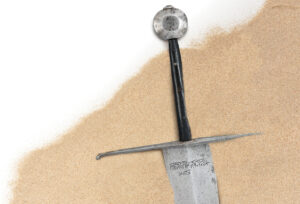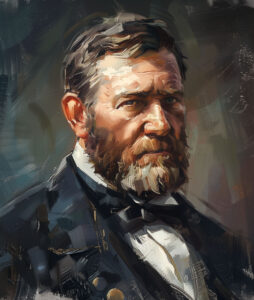Actor-writer David Selby has frequently portrayed President Abraham Lincoln, most recently for the Lincoln bicentennial…at Ford’s Theatre. No pressure there.
You’ve had a lifelong interest in Lincoln— what about him fascinates you most?
I think it’s his visions and the choices he made about going to war, about slavery and emancipation; these were all decisions he didn’t have to make. Argue it whichever way, that he was a man of his time and did whatever, the point is he did make the choice.
…The poetry of the Gettysburg Address and just the idea—and I think it is so valid today—that these soldiers have not died in vain. Do you know what they pay for Lincoln’s words today? But I don’t know that we read them enough. We don’t listen to them. That speech is meant to be said aloud. We ought to talk about it. And talk about the second inaugural speech also. The man was a poet.
How do you as an actor get at a personality as complex as that?
Lincoln’s ancestors crossed the Cumberland Gap about the same time my own ancestors crossed into West Virginia. So I thought that Lincoln’s grandfather, my grandfather, our great-grandfathers had a lot of similarities in that vein.
Over the years, I’ve done a great amount of research. I tended to trust my beginnings with Lincoln’s beginnings—being a farm boy; he didn’t like the farm work, he didn’t like doing that and neither did David. I sort of understood. I like a good story. I like how he approached a problem. I was struck by the man’s sense of empathy, his genuine, I think, warmth toward people.
How have your conceptions about Lincoln changed?
Oh, they’ve probably changed in the sense that I’ve realized how complicated a man he really was. He’s endlessly fascinating, seemingly, to this country. And when you study where we were at that particular time, he was the right man. Just think, where would this country be if we had divorced each other?
It’s always a bit of a mystery as to who’s going to rise to a crisis. What I can say about Lincoln is that when all hell was breaking loose, when McClellan was running against him and everyone wanted him out of office, he held steadfast because he had a certain kind of commitment and confidence.
What lessons haven’t we learned from Lincoln that we should have?
Be careful about jumping into wars and underestimating the enemy. And my, we don’t have to look back too far to see that, do we? He went into that war not knowing a lot about Southern commitment to that land. You should know what you’re getting into.
And understand about public opinion— it’s everything in this country. Imagine how he would embrace the Internet. And Kindle and Twitter.
And know that when you do your best when you’re the president, that’s it. Have the strength and the fortitude to follow through.
Was Mary Todd as difficult as she is often portrayed, or is she misunderstood?
Well, here’s what I think. He knew where she came from, and he accepted that. That’s how strong their marriage was. I think he probably tended to let Mary run the place. You have to remember the White House was a dangerous place. And the only way she can go out of it is to go north.
And I think you cannot underestimate anyone who’s lost a child. What kind of guilt did Lincoln feel about bringing his family to Washington? Lincoln was in misery after Willie died, and so was she. Certainly she could be volatile. But I think we have to appreciate people’s pain. And he probably wasn’t an easy man to live with. But she loved the man.
Originally published in the September 2009 issue of America’s Civil War. To subscribe, click here.




